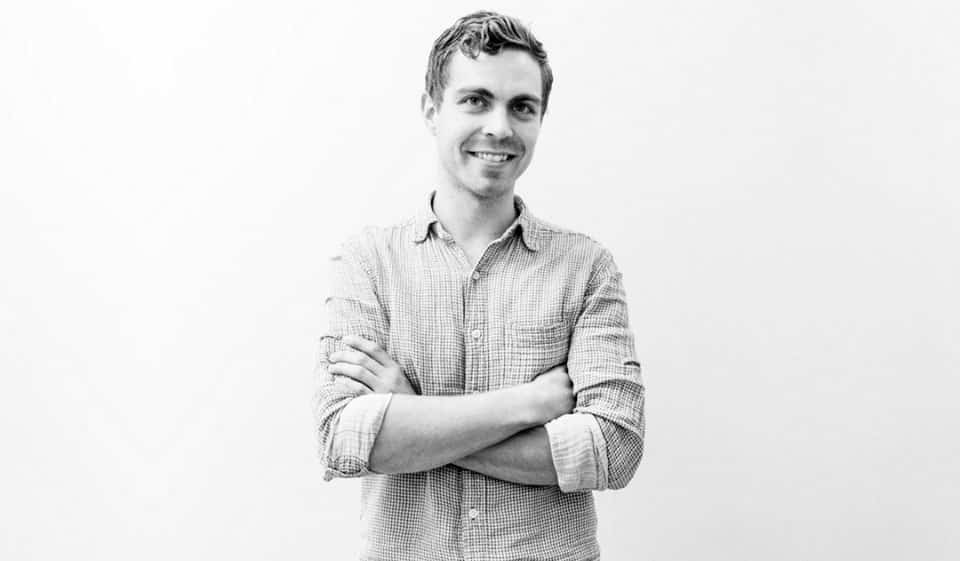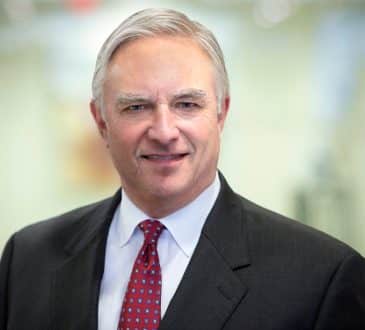How to Make Your Team Feel Connected and Included While Working Remotely

From 30-day challenges to hiring a llama for Zoom meetings, teams across the world are looking for creative ways to stay connected as much of the world shifts to distributed and hybrid teams.
How can companies re-create the magic of sharing a physical space when working exclusively online? How can we allow strong interpersonal bonds – the ones that lead to better work outcomes and arise organically in normal circumstances – to form when we lack a centralized water cooler?
Here are some strategies to consider. Note, some of these came from speakers at NOBL Collective’s Change At Work conference.”
Encourage the separation of work and life
Especially for those with demanding clients emailing at all hours, or working across multiple time zones, the lines between remote work and life are fuzzy. Part of a leader’s responsibility in keeping their team in good mental and physical shape is giving them permission to rest, recover, and have a life outside work.
Theo Balcomb, executive producer of “The Daily” by The New York Times, suggests ending the day as a group: “At the end of the day we check on our stories together and say ‘’we’re done.’ This simple practice gives people permission to relax for the night.”
If some team members are done earlier than others, Balcomb suggests using “goodnighting.” To “goodnight” someone means they are being told their work day is over. If Allison’s work is done for the day, you might say “we’re goodnighting Allison” so Allison gets the signal that she can close her laptop and ignore email until tomorrow, guilt-free.
The result is a shared respect for a team member’s time. Shared vocabulary like goodnighting reinforces the team’s real and perceived strength as well.
Create conscious collisions
Without physical meeting spaces, we must design opportunities for interactions to happen organically.
People who don’t normally work together should find ways to ‘collide’ in work-related and non-work-related ways. You never know what shared knowledge and expertise someone may have that can help you through a roadblock. But we must create the conditions for this to happen.
It’s challenging to make this feel authentic in a remote environment. You may build in some time before or after a meeting to connect. Virtual happy hours can work, if you keep them short. I’ve found the best conversation happens after time is up and a few people stay on the call to chat, unprompted.
Try this: schedule a 5-minute virtual ‘toast’ and after 5 minutes are up, tell everyone the toast is over but you’re going to hang out for a couple more minutes if anyone wants to chat. Let the conversation go as long as it feels natural. Just before it turns into a chore, end it.
Understand one another’s environment
It’s no surprise that a lack of shared physical environment makes remote workers feel less connected. Consider using creative ways to let one another into our homes – without requiring any home tours.
Ask meeting participants to bring an interesting object to share – for example, “an object you use every single day” – then start the meeting with a simple show-and-tell.
For more advanced facilitators, incorporate the objects into your meeting. Start a brainstorm by giving everyone 60 seconds to “find an object in their home that helps them be more creative.’” Give each person 20 seconds to share what the object is and why it helps them be creative.
In less than five minutes, you’ve gotten your team smiling, blood pumping, creative juices flowing – and have learned more about one another’s values, living spaces, and approach to work and life.
Nudge the quiet ones
Rachel Marcuse, COO at Ready Set, says “staff who take up less space in real life are likely to take even less space in remote spaces. It’s important to nudge the quiet ones to speak up.”
Be Peculiar
One challenge of working from home is the monotony. Be the antidote. Keep things fresh by starting your daily standup with a peculiar icebreaker, or ask a surprising question like, “if your parents had allowed you to get a tattoo at age 12, what would it have been?”
Be Human
Sometimes all our culture needs is presence and full attention. Jonathan McBride, former head of inclusion & diversity at BlackRock, makes the distinction: It’s asking a team member, ‘how’s your child doing?’ but also remembering the child’s name.”
Model the behavior you want to see in yourself
Think of the best boss/leader/coach you’ve ever had. What made them memorable? How did they carry themselves, and why did that resonate with you?
How would they handle this situation? What would they do that you aren’t doing? What are you doing that they would never do?
Finally, start or stop one of those things to be more like the leader you want to be.
Celebrate little wins
In a study of 10,000 journal entries, 76% of people had their best days when they made incremental progress toward their goals. Consider scheduling 15 minutes per week for your team to share their wins.
Make it personal. Rather than sending an email to a team member thanking them for delivering on a project, try recording 30-second video on Friday afternoon thanking them for a job well done and wishing them a happy weekend. Or sketch them a quick thank you note, and text them a photo of it. Can’t draw? No problem. The crappier the sketch, the better.
These ideas take no longer than writing an email yet are far more personal and impactful.
In a work-from-home world, there are new rules that will require an adjustment period. The best we can do is to stay curious and aware of what is going on around us, and to do the best with the information and resources we can find.
Keep in mind the words of Jordan Husney, CEO at Parabol: “Whatever you do, be kind.”
Because despite our physical distance, we are all human beings.
Written by Austin Bauer. Have you read?
World’s Best Countries For Its Citizens To Live.
World’s Best Countries For Cultural Influence.
World’s Trendiest Countries.
World’s Best Countries For Entrepreneurship.
Add CEOWORLD magazine to your Google News feed.
Follow CEOWORLD magazine headlines on: Google News, LinkedIn, Twitter, and Facebook.
This report/news/ranking/statistics has been prepared only for general guidance on matters of interest and does not constitute professional advice. You should not act upon the information contained in this publication without obtaining specific professional advice. No representation or warranty (express or implied) is given as to the accuracy or completeness of the information contained in this publication, and, to the extent permitted by law, CEOWORLD magazine does not accept or assume any liability, responsibility or duty of care for any consequences of you or anyone else acting, or refraining to act, in reliance on the information contained in this publication or for any decision based on it.
Copyright 2024 The CEOWORLD magazine. All rights reserved. This material (and any extract from it) must not be copied, redistributed or placed on any website, without CEOWORLD magazine' prior written consent. For media queries, please contact: info@ceoworld.biz
SUBSCRIBE NEWSLETTER










